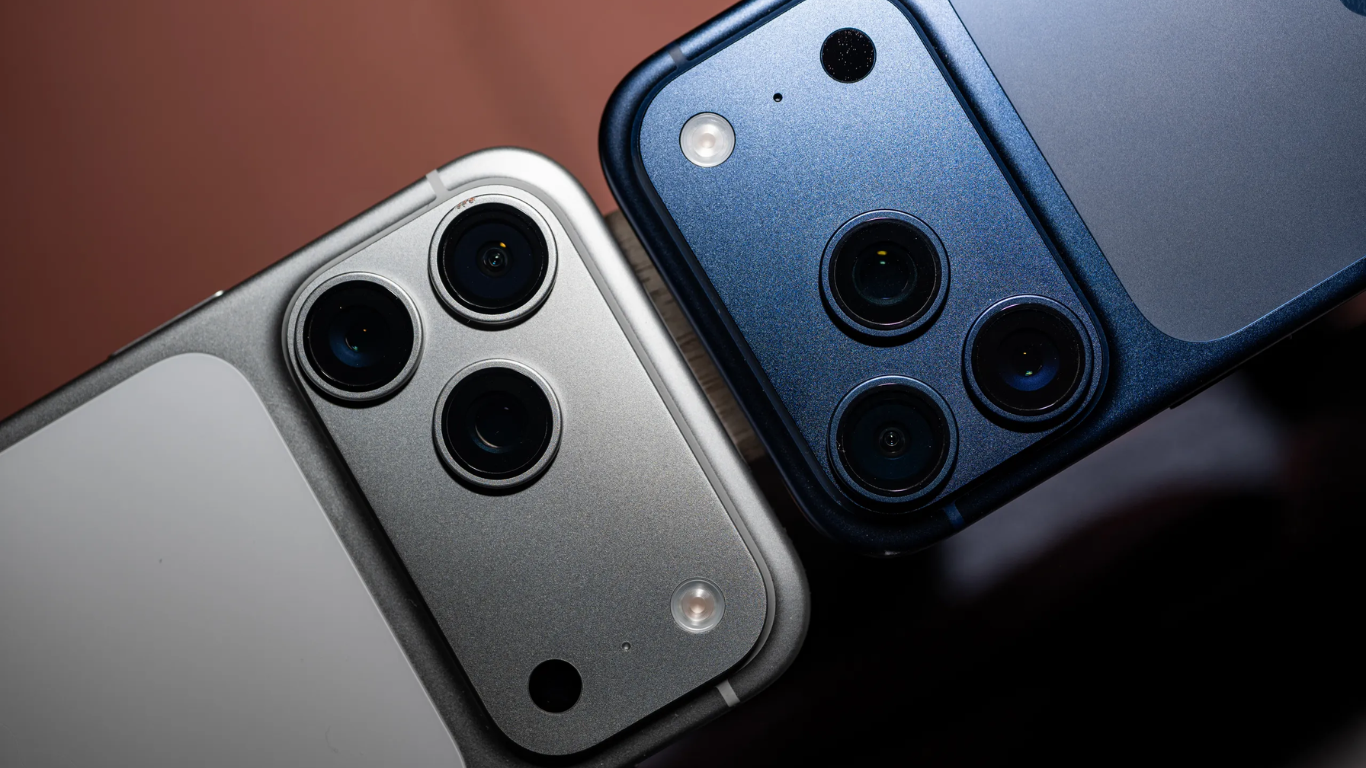Ad

Consumer Goods' Demand Rises During Navratri
554,871 views
Follow Us:
554,871 views
Though the COVID-19 pandemic slowed down the demand for consumer goods, the encouraging sign is that the market has picked up steam. In October, the Navratri festive season has witnessed a tremendous increase in the demand for consumer appliances like refrigerators, large screen TVs, smartphones, and washing machines.
While the increase in demand is a sign of good things to come, the supply has proved a mighty challenge, especially in the premium smartphone segment. As a result, the demand for domestic consumer appliances will continue to rise till Deepavali, especially in the tier II and III markets.
Deepak Bansal, VP of LG Electronics, has reiterated that the demand for consumer goods is a healthy sign of positive consumer sentiment. However, he also acknowledged that the growth would have been higher if the supply had been more consistent.
Similarly, Realme India Chief Executive Officer Madhav Sheth voiced positive vibes about the consumer appliance sector's growth and attributed it to the return of public sentiment. As a result, Realme plans to sell more than 6 million handsets. Navratri is generally the time when the Indian festive season kicks on. The season lasts till the end of Christmas and the dawn of the New Year. So the 15% growth in the demand is a sign of auspicious things to come.
Latest News





Reviews & Guides
View All

Haier H5E Series 4K Ultra HD Smart Google TV Review: Price and specification

Poco M8 5G Review

Redmi Note 15 5G Review

Realme 16 Pro 5G Review

Best LG Refrigerator in India 2026: Price and Specification

Best Samsung Camera Phones Under 30000 in India

Best 55-Inch QLED TVs Under ₹40,000 in India: Top Picks

Best Lenovo Laptops Under ₹60,000 in India 2026







